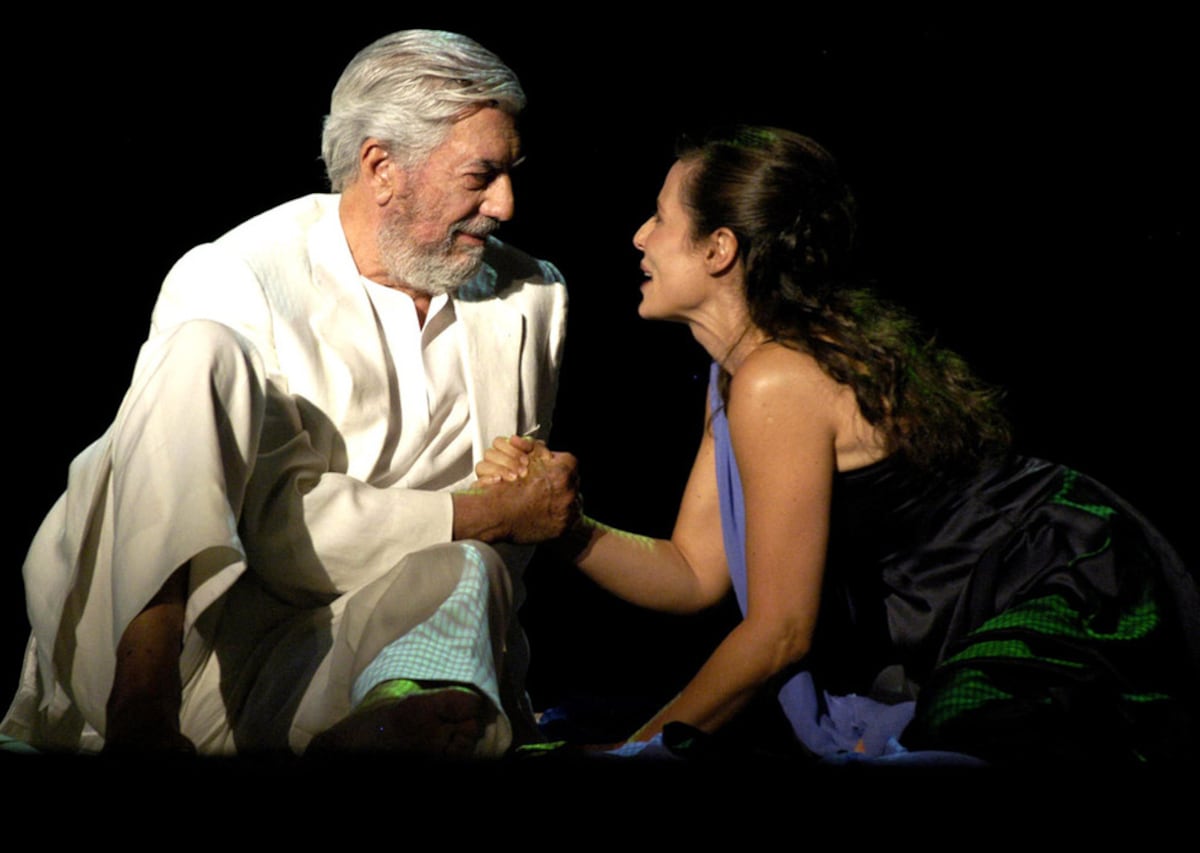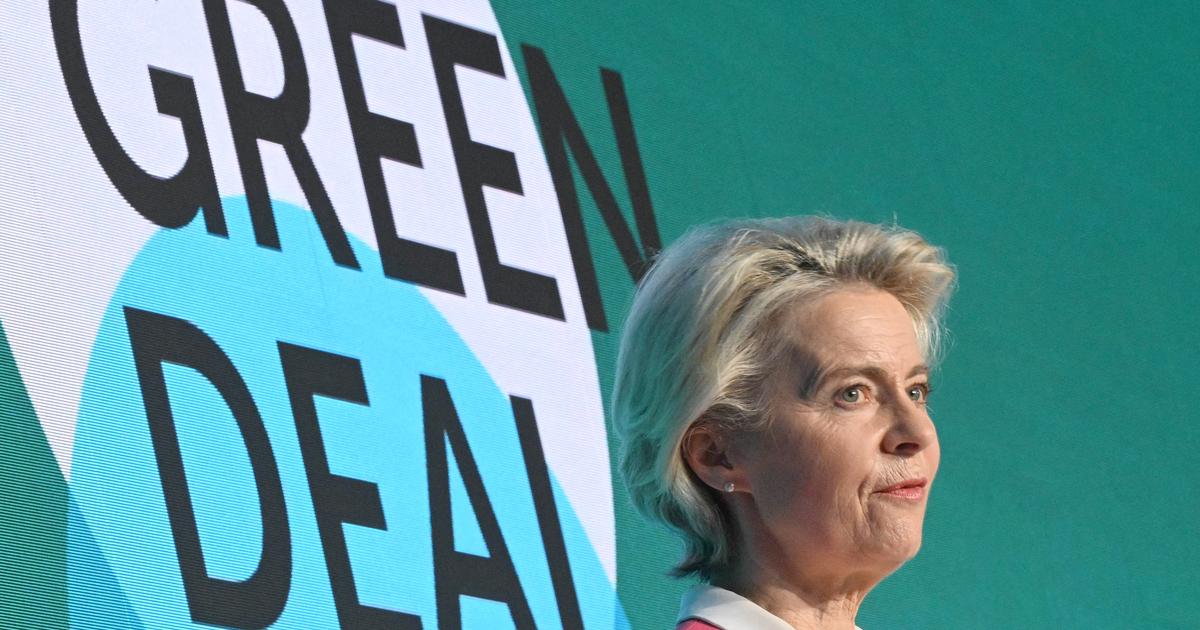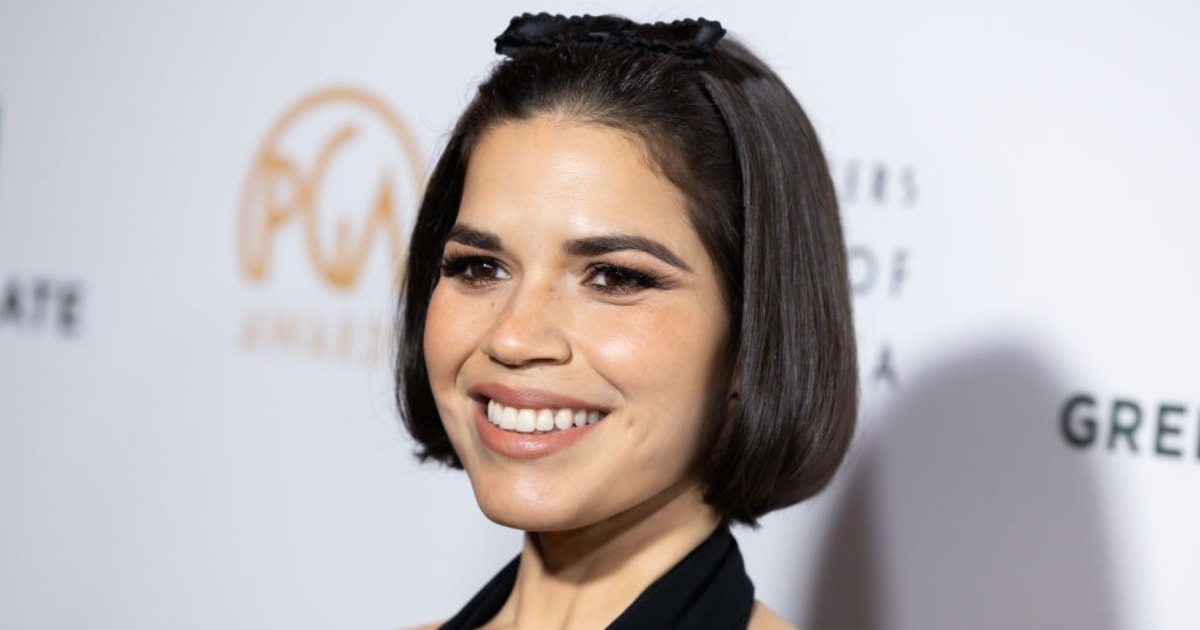Enlarge image
Scene from the ARD series "All You Need": Plate story about four gay men
Photo: Andrea Hansen//RD Degeto/dpa
In 2022, a movie, series, or general story starring only old white straight males seems out of date.
At least a shit storm on social media is inevitable.
But reality is also: Many viewers complain when classic cinema heroes such as James Bond are outshone by female characters, when the Queen in the Netflix series »Bridgerton« is played by a black actress or the Ghostbusters suddenly even have women among them a lesbian.
An increasingly visible diversity and complexity in entertainment formats overwhelms many people or even enrages them.
So where is the new orientation of the entertainment industries towards more representation leading?
And can diversity on screen sometimes go wrong?
To answer these questions, a visit to Los Angeles, home of the world's most successful entertainment machine, is worthwhile.
A behind-the-scenes look at the Late Late Show with James Corden in Los Angeles reveals where the present and future of comedy lie.
While US-famous British comedian Corden keeps making unfunny jokes about an SUV during the recording — and it stands to reason the carmaker paid for the numerous mentions — a popular segment of the show has all the writers get along the
Writers Room
to chat with the presenter on stage and show who is now writing the jokes that get the whole world laughing.
The diversity of US society is shown here: White men are there, but also black, Latin American and Asian, queer young authors, among them many women and non-binary people.
The more homogeneous and white the team, the worse the rate, because the humor and taste of the audience is missed.
Corden is just one example.
A recent study by the University of California, Los Angeles shows that the composition of the teams in front of and behind the cameras in Hollywood has evolved towards more representation in recent years.
Those productions with at least 21 percent or more non-white cast achieve the highest ratings of any ethnic group in the United States.
Whites, heterosexuals and men also prefer to watch these shows.
Conversely, the more homogeneous and white the team, the worse the rate, because the humor and taste of the general public is missed.
Because of the better marketing figures, among other things, the mostly white and male managers in the US entertainment industry are now increasingly focusing on diversity.
However, the new focus on representation, which is both substantively and economically worthwhile, has a negative effect on the quality of some productions: how emancipation can backfire is shown, for example, by the latest sequel to »Sex and the City« under the new brand »And just like that".
Furthermore, the main characters of the series - the New York columnist Carrie Bradshaw and her friends Charlotte York and Miranda Hobes - are in search of love and sexual fulfillment.
But the old story of white, rich, heterosexual women who have to overcome their personal crises no longer fits into the 1920s.
So the production of the series decided to map every current emancipatory struggle and definitely be on the right side of each.
Every ten minutes, »And just like that« goes something like this: anti-black racism (check!), transphobia (check!), ageism (check!), non-binary gender identities (check!), toxic masculinity (check !), period shaming (check!), migration (check!), including pandemic politics (check!).
The narrative itself suffered from this high frequency of current battlefields. Each of the white characters was also given one or two non-white and/or queer sidekicks.
Again, these new figures could not develop.
The TV criticism and the reactions of fans (including those who belong to minorities) were merciless: the series suffers from "forced diversity" and an "unpleasant pandering to political relevance," many judged.
Representation as an end in itself rarely works as entertainment.
At least it doesn't go down that well with a diverse audience.
But there are also those productions whose mere existence makes a difference and whose success represents a political statement.
»RuPaul's Drag Race«, for example, is a phenomenon in the USA.
When the latest episode airs on VH1 on Friday night, there's seldom another topic in the Twitter trends that can pull through.
Drag Race, in which drag queens battle it out for the title of America's Next Drag Superstar over several weeks, has won dozens of Emmy Awards in recent years.
In the bars of West Hollywood, where the show is seen and the stars perform live, you can see how this emancipatory entertainment is translated into social reality: Many white, straight women sit in the audience and cheer on the drag queens.
These women are more likely to make life easier for their queer children.
Laughing at the comedy of drag queens every week and then, out of tradition, rejecting your own queer child – you have to get that right first.
The program »Legendary« also contributes to increasing the visibility of queer people in the mainstream.
There, queer dance groups compete against each other.
The groups perform in front of a jury and compete week after week for a gold statue and recognition on the reality show.
In the studio, queer people are clearly in the majority in the audience, they cheer and dance along, celebrate themselves - also because the show is further proof that an art form that was built up by an oppressed minority over decades has been gratefully accepted by the mainstream will.
That's what the fans say in conversations on the sidelines of the recording in Hollywood.
Between the spectacular choreographies with the unusual costumes, the creators of the show sprinkle political messages without it coming across as educational.
German productions are very heteronormative, very male and very innovative
At the same time, this is a constant source of excitement for viewers in the USA, let's say those who are steeped in tradition.
For several years now, there have also been regular warnings against too much political correctness, that one shouldn't make jokes any more because minorities, who now have more to say, would quickly feel offended.
Stars like Scarlett Johansson or Quentin Tarantino have already voiced this criticism.
And comedian Dave Chappelle faced a lot of backlash a few months ago for using anti-queer clichés in a Netflix special.
As always, it is worth taking a closer look at the individual case: Many queer critics say that Chappelle's jokes about gays, lesbians and trans people were simply not funny - only hurtful.
He also pits Black people against LGBTQ in his set.
US comedian Tuesday Thomas, who identifies as trans, put it succinctly in an interview with the Los Angeles Times: "I think Dave Chappelle's jokes are low-hanging fruit.
He's funny, but his jokes about LGBTQ aren't, they're beneath his dignity."
Perhaps the discussions about Chappelle also show that Hollywood's diversification also makes the feedback loop more dynamic and diverse, that's in the nature of things.
And through this development, too, programs are becoming politically richer, more challenging in terms of content, and at the same time reach a broader audience.
But now to Germany: Unsurprisingly, entertainment formats in this country are far from an appropriate representation of social conditions.
For example, several studies show that women appear much less frequently than men in film and television productions, mostly appear in clichéd roles and disappear after the age of 30 (because they no longer meet beauty standards).
The situation is similar with the representation of queer and non-white people in the German entertainment industry.
Studies show that the German entertainment industry is very white, very heteronormative, very male and very slow to innovate.
Progressive Hollywood productions dominate the German entertainment market over streaming giants such as Netflix or Amazon Prime Video.
This gives the impression that inclusive German films and series are no longer needed.
However, productions from the USA cannot depict German debates or minorities.
Only slowly and precisely because of pressure from Hollywood is something changing in this regard in this country.
More and more German production companies are receiving orders from US streaming services to produce special content for the German market.
According to the industry, the corresponding contracts should prescribe diversity quotas for German productions.
Because the German media companies do not want to do without the multi-million dollar deals from the USA and at the same time have not invested in diverse young talent, I can report from my own experience that panicked inquiries end up in the inboxes of non-white authors and filmmakers.
However, this externally enforced approach does not advance the content diversification of the German entertainment industry.
Genuinely German entertainment formats and series – such as the lame ARD series “All You Need” about the life of four gay men in Berlin or the classic cliché “Turkish for Beginners” about multi-cultural Germany seem like shows, and representation is only an end in itself understand.
A current example that things can be done better is the German adaptation of the American Netflix show »Queer Eye«.
So there is a US precursor here too, but the format with Berlin queens and gays with Turkish families as moderators is not one that would also be done in the USA.
In each episode, the life of a single person is turned upside down: with a new styling, a balanced diet, a newly furnished apartment and coaching.
Responsible for this are queer influencers who take on these important areas of the life of a protagonist.
"I can be the role model I never had," moderator Ayan Yuruk says at one point.
The hearts of the entire audience will probably open up.









